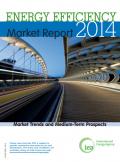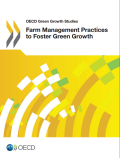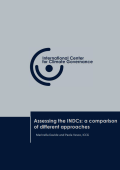
This year’s report includes an in-depth look at energy efficiency developments in the transport sector and in finance. Huge new waves of demand for mobility are emerging in OECD non‑member economies, bringing with them the challenges of pollution and congestion already faced in OECD countries. Fuel-economy standards and other policies are expected to help shape the market for more energy-efficient vehicles in the years to come. In financial markets, energy efficiency is becoming an important segment in its own right, aided by a growing range of financial products. This report documents the growing scale and diversity of energy efficiency products and actors.
Finally, this report reviews national energy efficiency market developments in various jurisdictions around the world, including Canada, China, the European Union, India and Italy. These case studies provide snapshots of specific energy efficiency sub-markets, and insights into how these markets may evolve in the coming years.


The “Intended nationally determined contributions” (INDCs) communicated by both developing and developed countries represent a crucial element of the Paris agreement. This brief aims at analysing the INDCs submitted by Parties, through the different tools and approaches proposed by the research community. In particular, our analysis looks at the different ways to assess the effectiveness of the proposed emission reduction pledges, both in terms of aggregate and national efforts. However, we also consider other factors that will be critical in determining the success of the Paris talks, such as the coherence and fairness of single contributions.


